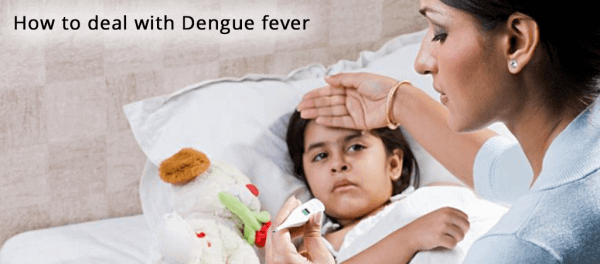Is there a need for home healthcare in India?
When a person falls ill from Dengue, it’s initially difficult to make a precise diagnosis. The symptoms mirror those of other illnesses, and can be mistaken for flu or other viral infections. Unless a blood test is done, the doctor can’t prescribe a treatment regime. Only when the blood test reveals a falling platelet count can the doctor treat the patient for Dengue fever.
The same viruses that cause West Nile infection and yellow fever also cause Dengue (pronounced Dengee) fever. It is a painful, enervating mosquito-borne disease and an estimated 390 million people suffer from dengue infections, worldwide, each year. Approximately, 96 million infections result in illness. Dengue fever is transmitted by the Aedes mosquito, infected with the Dengue virus. It can’t be spread directly from person to person.
The majority of Dengue cases occur in tropical areas of the world, with the countries most at risk being:
- The Indian subcontinent
- Southeast Asia
- Southern China
- Taiwan
- The Pacific Islands
- The Caribbean (except Cuba and the Cayman Islands)
- Mexico
- Africa
- Central and South America (except Chile, Paraguay, and Argentina)
Symptoms
These usually show up four to six days after the infection has set in, and may last for up to 10 days. These could include:
- Sudden onset of high fever
- Severe headaches
- Pain behind the eyes
- Severe joint and muscle pain
- Intense fatigue
- Nausea and vomiting
- Skin rash, two to five days after the onset of fever
- Mild bleeding from the nose or gums
- Easy bruising
Younger children and people who have never suffered from Dengue before tend to have milder cases than older children and adults. But serious problems can develop with Dengue including Dengue Hemorrhagic Fever. A rare complication characterized by:
- High fever
- Damage to the lymph nodes and blood vessels
- Bleeding from the nose and gums
- Enlarged liver
- Failure of the circulatory system
This condition, known a Dengue Shock Syndrome (DSS), could lead to massive internal bleeding, shock and, ultimately, death.
The time taken for Dengue to run its course in most people involves an incubation period of 10 -14 days, followed by a week of acute symptoms, and then a few days of recovery. Generally, symptoms don’t extend beyond two weeks for a typical Dengue infection.
Diagnosis
Doctors can diagnose the Dengue infection with a blood test to check for the virus or antibodies to it, and to get a platelet count. A falling platelet count is a sure indication of the Dengue infection. If you become sick after traveling to a tropical area, let your doctor know. This will allow your doctor to evaluate the possibility that your symptoms being caused by the dengue virus.
Treatment
There is no precise medication or treatment for Dengue. Generally, doctors prescribe pain relievers with acetaminophen – avoid medicines with aspirin (as this is a blood thinner) and could worsen the bleeding. They also recommend plenty of rest and plenty of fluids. Should the patient feel worse in the first 24 hours (after the fever goes down,) then a trip to the hospital is a must to check for complications.
Prevention
There is no vaccine or other specific medication to prevent Dengue fever. The best way to prevent Dengue is to avoid bites by infected mosquitoes – particularly if you live in, or are traveling in, a tropical region. To protect yourself:
- Stay away from heavily populated residential areas, if at all possible
- Use mosquito repellents indoors and out
- Wear long-sleeved shirts and long pants tucked into socks, if the weather allows
- Use air conditioning if possible and affordable
- Make sure window and door screens are secure and free of holes
- If sleeping areas are not screened or air conditioned, use mosquito nets
- If you have symptoms of Dengue, see your doctor
If someone in your family gets Dengue fever, be careful about protecting yourself and other family members from mosquitoes. Mosquitoes that bite the infected family member could spread the infection to others in your family.




